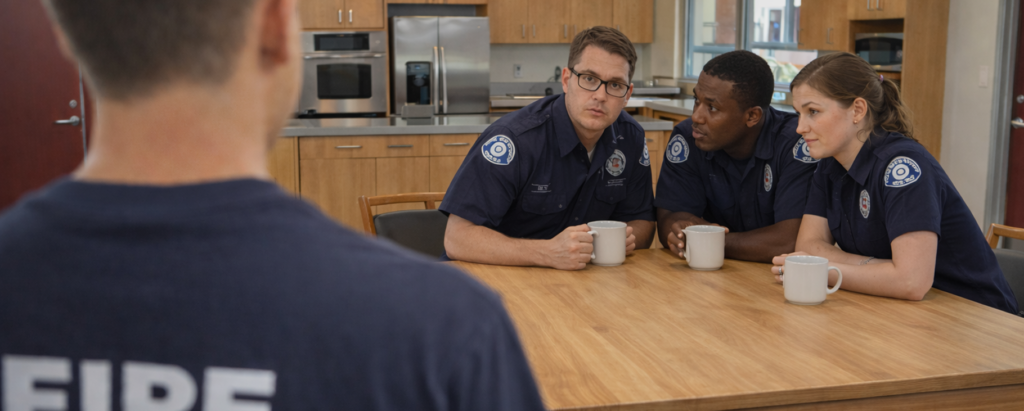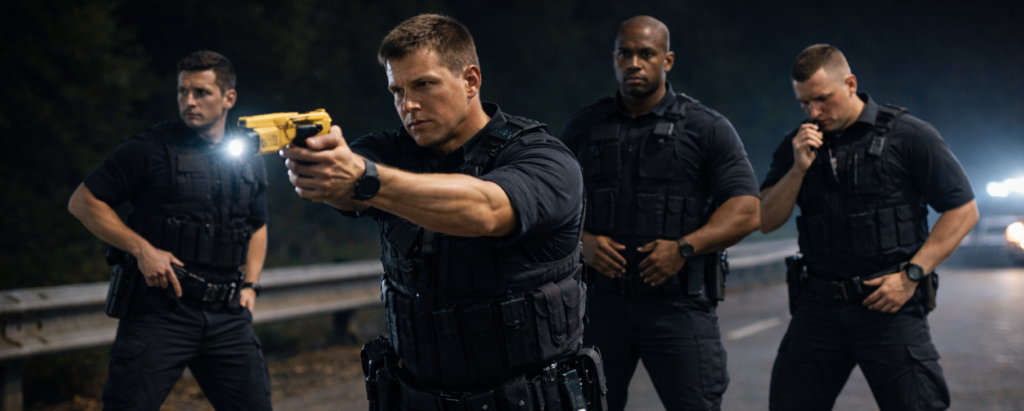Gordon Graham here and thanks for taking the time out of your busy schedule to read my ramblings. I know your time is precious. And so is mine, so I have some basic boundaries on how I spend my time. Daily I get a barrage of emails and here is my rule: If it is a field of knowledge I am interested in and is less than a six-minute read or viewing (that is one-tenth of a billable hour), I will take a look at it. Regularly I get videos from people I know with the attached note, “Gordon, you need to watch this” and I look at the length of the video and it is 55 minutes or longer. I have to wonder, where do people get all this free time to spend a billable hour viewing this? I really appreciate when people add, “Start watching at the 23-minute mark – the stuff before that is all fodder.” For those of you who do that, thank you!
Similarly, I have rules about driving vs. flying: 300 miles is the tipping point. If the distance is less than that I will drive it; if it is more than that I will fly it. I also put time limits on other activities like watching TV or walking (although I can multitask there and listen to “old time radio” on Sirius 148 – if you have not visited that channel, you are missing some great stuff). There is no limit on the time I will spend with Mrs. G – she has been a saint for 40 years putting up with my schedule – and of course time with the children and my grandchild has no limits.
“These two men proved to me that “one person can make one heck of a difference” in the lives of others.”
But I recognize that your time is valuable also. And that is why the Today’s Tips I prepare for Lexipol are always around two minutes in length, with a rule that they do not exceed three minutes. And similarly, I try to structure these “ramblings” to a thousand words (plus or minus), which requires about four to five minutes of your time to read.
In my last article I closed with asking you to take a look at the articles I provided regarding Sid Heal and Richard Rescorla. I hope you spent the time to learn about these two men who proved to me that “one person can make one heck of a difference” in the lives of others.
I never met Mr. Rescorla, although I know people who knew him. What a difference the “lad from Cornwall” made with his early work in the British military, then the U.S. Army and then in private sector with Morgan Stanley. For those of you who did not read the article, here are some highlights: He warned the owners of the World Trade Center well prior to 1993 that the underground parking at WTC was a problem lying in wait. It was an easy target for terrorists to plant a truck bomb in the basement and try to blow up the building. Of course, he was dismissed by “smart people” who worried about the cost and the disruption to the ingress and egress of vehicles. But his prediction was right – although he was off by 30 feet regarding the location of the attack. More on this in the next article, when I will further explore the importance of “spending time and money up front to address an uncertainty in the future.”
After that failed attempt, Mr. Rescorla predicted the terrorists would be back. Specifically, he warned about the possibility of using massive airplanes to “take down the WTC” – and again he was dismissed. I can only imagine the private conversations of “the smart people”: There he goes again – the sky is falling, the sky is falling, the sky is falling! But this time he decided to train all Morgan Stanley employees on building evacuation scenarios, recognizing that most people who work in a high-rise building have never been in the stairwells (except to smoke dope during their lunch hour). This caused a lot of angst among the bosses about how much time was being wasted – billable hours being lost because of the “fearful” thinking of Mr. Rescorla. But if you read the article, you know how valuable that use of time ultimately was. I wish I had met him; I love the stories from people who knew him well.
WHITE PAPER – 10 key concepts in public safety leadership: DOWNLOAD NOW
But I did know Sid Heal. I first met him in the early ’80s when we were both sergeants – him with LASO and me with the CHP – and I quickly learned what a genius he was. Our first work together was on cross-training SWAT cops to be proficient in EMS. We regularly collaborated on tactical operations. Sid was very involved with the LASO Special Enforcement Bureau and the California Tactical Officers Association and he would often invite me to meetings to discuss my thoughts on managing risk in their world. He was highly educated with formal schooling but even more educated from the “college of hard knocks” with his work in the Marine Corps (he fought in four different wars for our nation) and the street smarts he picked up the hard way in South Los Angeles as well as learning from other cops during his lectures.
But what I found most impressive about him is that he shared his time with me. There was never a time he did not return my call and talk to me about the various goings on in the world of law enforcement. To me that was the ultimate sign of respect. He took the time to talk to me and so many others. On the day prior to his untimely death in his sleep at the age of 72, I left him a message about hearing aids and which ones he would recommend and if they would help with my tinnitus. Sadly I did not get a call back from him.
If I am boring you with this, here is my point. The fact that you are reading this tells me you are a “Level Three” professional. This concept comes from Dr. Tony Kern in his great book Going Pro. Level One is membership in your department, Level Two is compliance with the rules, Level Three is you are constantly trying to improve the quality of your work. And as a Level Three professional, you probably often hear from co-workers and others seeking your advice. Please recognize the importance of sharing your knowledge with others. Follow up with them after your initial chat. Make sure they are headed in the right direction. Recommend a book to them that may be of benefit. And be grateful that working together you are improving the overall quality of the work of your department.
Having just checked the word count I recognize that I am about 16% over my allotment of 1,000 words, so I will sign off. Hopefully the five minutes you spent on this reading will be of value to you.
- White Papers



